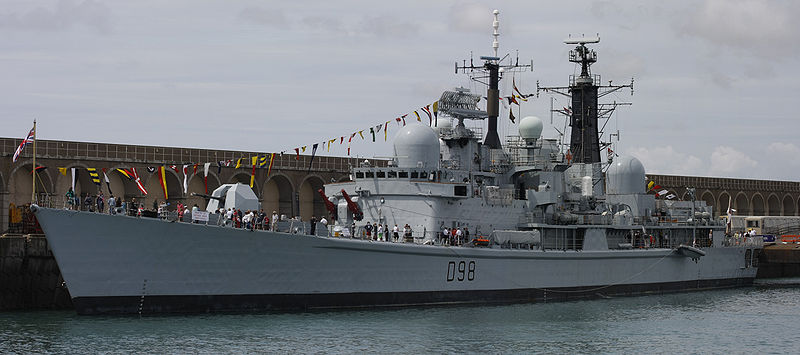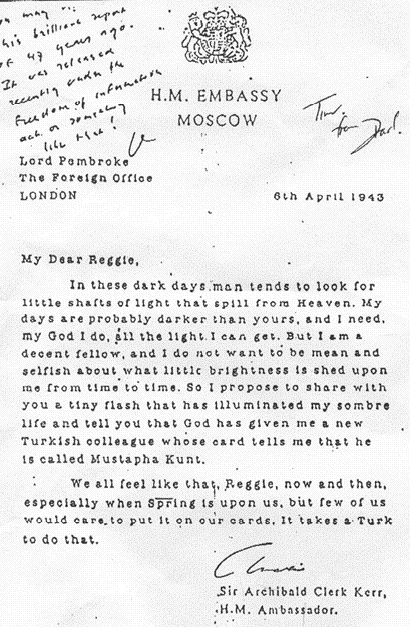In the Spectator, Brendan O’Neill explains why sharing a photo of a dead Syrian child is a symptom of moral pornography:
Have you seen the dead Syrian child yet? Look at his lifeless body. His head buried in the sand. His sad, resigned posture after he and his family made the treacherous journey from Syria to Turkey only to wash up dead on a Turkish beach. Isn’t this just the saddest photo you’ve ever seen? And gross too? Quick, share it! Show it to your friends — on Twitter, Facebook — so that they will feel sad and grossed-out too. Gather round, everyone: stare at the dead Syrian child.
We all know about the problem of sexual pornography on the internet. Now we need to talk about the problem of moral pornography. And nothing better illustrates it than the photo of Aylan, a three-year-old Syrian who drowned alongside his five-year-old brother Galip, his mother and others fleeing the hell of Syria.
The global spreading of this snapshot — which appears on the front page of the Independent today and inside the Guardian, and is even callously being turned into a meme by sections of the weeping Twitterati — is justified as a way of raising awareness about the migrant crisis. Please. It’s more like a snuff photo for progressives, dead-child porn, designed not to start a serious debate about migration in the 21st century but to elicit a self-satisfied feeling of sadness among Western observers.
[…]
Did the newspapers who put this kid on their front pages contact his remaining family members in Syria to seek their permission? Doesn’t look like it. When it comes to producing moral porn for the right-on, it seems the normal rules of journalism — and civilisation — can be suspended. And he’s only Syrian, right? It’s not like his poor, war-battered next of kin will be looking at the internet. Except the Guardian has now discovered that he has family in Canada, so they will very likely see the photo. Oh well, no matter: crack on, publish it, marvel at the purity of your emotional response to it, and be sure to tell everyone what your emotional response was. ‘I cried so hard’ thousands of tweeters are saying. The operative word here being ‘I’.





